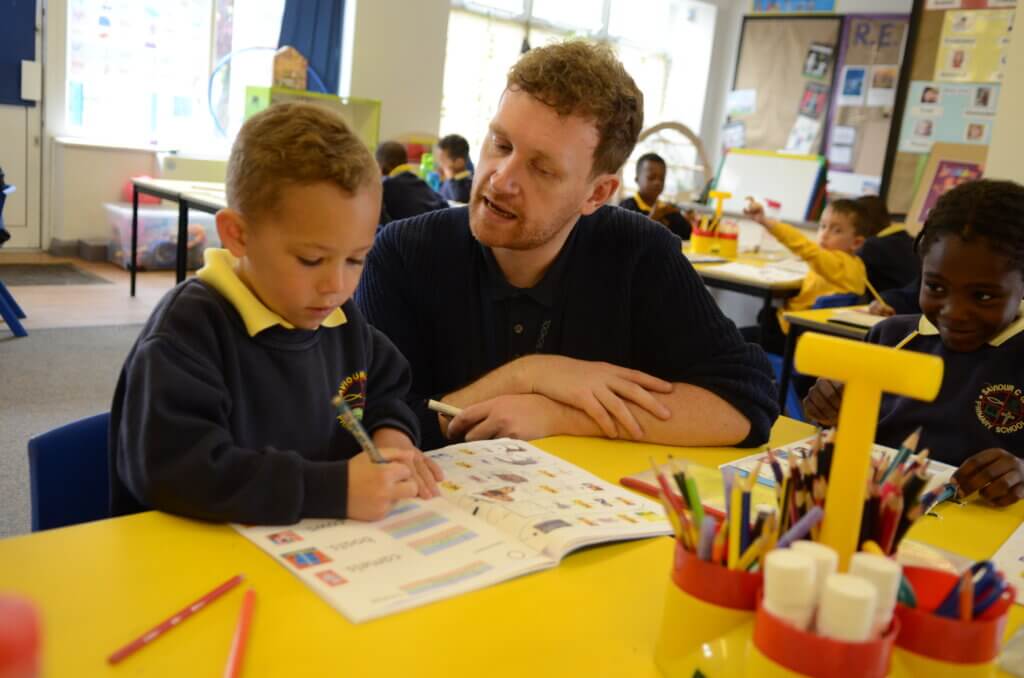Government publishes report on the working lives of teachers and leaders
The Department for Education (DfE) has published its findings from a survey of 11,000 teachers and leaders working in English state schools. Carried out in Spring 2022, participants were asked about their experience of working conditions in state education. As the sector prepares for more strikes, union leaders say the report ‘lays bare the crisis facing the teaching profession and underscores the urgent need for funded pay increases.’
Findings show that school leaders work an average of 56.8 hours per week, increasing from 55.1 in 2019. Meanwhile, teachers’ working hours have fallen slightly from 49.5 in 2019, to 48.7 in 2022. When asked if they felt their workload was acceptable, 72 percent of respondents disagreed. Furthermore, 62 percent felt they did not have sufficient control over their workload.
Overall, two-thirds of teachers said they spent only half of their working time on teaching. Outside the classroom, teachers said that they often spent too much time completing general administrative work, closely followed by data recording, input and analysis; behaviour incident follow up; lesson planning; and marking. Similarly, half of senior leaders reported they spent too much time on administrative work, however the majority, at 68 percent, agreed they spent too much time responding to government policy changes.
The survey also revealed the impact of work on teachers and leaders’ wellbeing. 65 percent reported that their job leaves little time for their personal life; 56 percent felt their job negatively affects their mental health; and 45 percent felt that it negatively affects their physical health. A quarter of all respondents said they were considering leaving the state school sector in the next 12 months for reasons other than retirement. In order to tackle the recruitment and retention crisis in education, union leaders call for a ‘systemic overhaul of workload and conditions of service.’
Tackling sexual violence through relationships and sex education
According to research by the Youth Endowment Fund (YEF), specialist relationships and sex education (RSE) can reduce sexual violence by as much as 17 percent. Researchers analysed 16 studies from around the world, exploring the impact of education programmes dedicated to raising awareness of intimate partner violence. They found that participants were less likely to commit assaults themselves and more likely to intervene if they witnessed an assault.
The charity also assessed the impact of bystander intervention training, which teaches older pupils how to identify the early warning signs of abusive behaviour and safely intervene to prevent a sexual assault from occurring. Whilst this is a new and evolving area of practice in the UK, international research suggests that it could reduce participants’ involvement in sexual assault by 14 percent.
Jon Yates, Executive Director at YEF, explains that specialist RSE lessons can not only help to reduce sexual violence, but tackle the increasing trend of online radicalisation and hatred towards women. He says ‘misogynistic influencers are trying to teach many of our boys and young men a poisonous view of women and girls. We now have the tools to fight back.’ This comes as the government carries out a review of RSE, with a view to release new statutory guidance by the end of the year.
Plans to expand multi-academy trusts in 55 Education Investment Areas
The government has laid out its plans to expand, merge and create new multi-academy trusts (MATs) in 55 Education Investment Areas (EIA), where school outcomes are the weakest. Ministers believe that, by achieving economies of scale and forming communities of practice, ‘high quality academy trusts are a key vehicle for improving educational outcomes for children, particularly the most disadvantaged.’
In a series of trust development statements, the government outlines how they would like trusts to grow and develop within each area, based on the level of need and existing provision. For example, there may be hopes to create several new MATs in one particular area, whilst reducing the number of trusts elsewhere. Ministers also highlight where they would like to see trusts addressing particular challenges within a community, such as improving attendance, reducing exclusion, or building the capacity of Catholic and Church of England trusts to accommodate faith schools.
Notably, the north west has more EIAs than any other region. In Bury, Liverpool, and Salford, ministers welcome proposals to build new trusts in the area. Meanwhile, in Bolton, Manchester, and Tameside, ministers encourage the growth of high-quality MATs or mergers of trusts already operating in the area. In places such as Oldham and Rochdale, there is a focus on developing trusts that can effectively support pupils with English as an additional language (EAL) or special educational needs and disabilities (SEND).
The sector is invited to develop proposals on how they can meet the challenges and opportunities within a given area. The government warns that any ‘proposals that rely on unplanned incremental growth’ are actively discouraged. However, ministers are keen to see proposals that can incorporate schools and single academy trusts with less than good Ofsted judgements, who otherwise may become isolated.
One Education are proud to support schools in their journey towards academisation. If you are looking to join a strong multi-academy trust, or have ambitions to form your own, please get in touch to discuss the next steps.
Alternatively, we can help your school to mobilise the power of collaboration through cluster group support, peer reviews and training, helping you to make the most of school-to-school partnerships and deliver new, exciting opportunities for your pupils.
Talk with our team to find out more. We’d love to hear from you.












